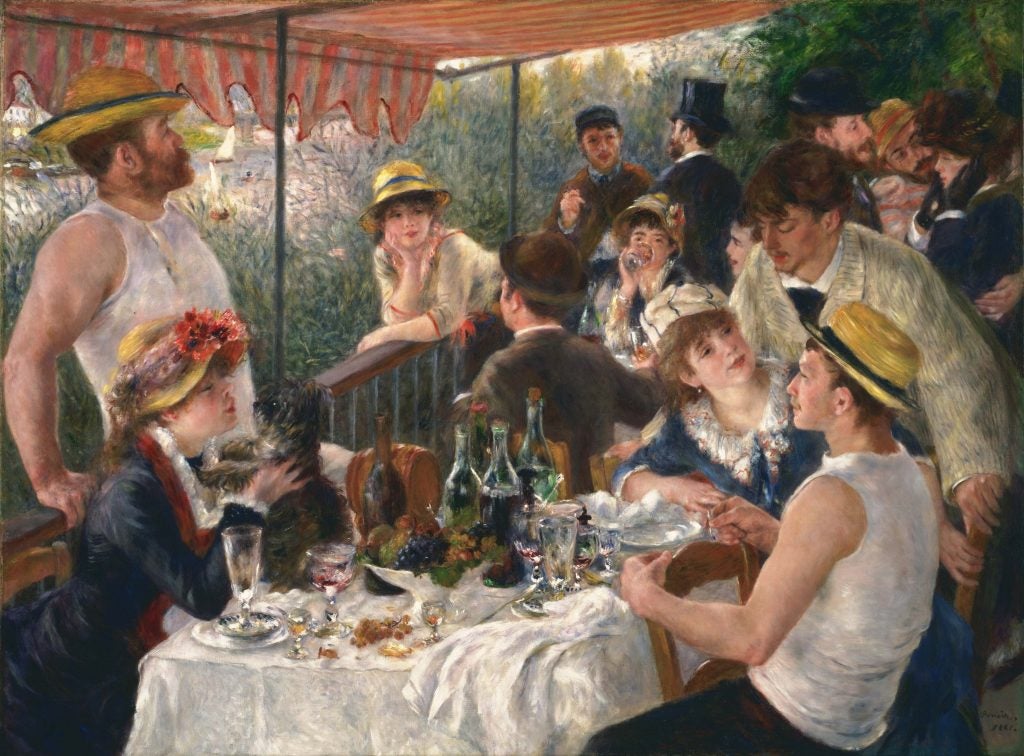Maybe Novels Are Actually Really Good for Television
Anne Carson writes that prose is a house and poetry is the man on fire running through it. I think we managed to convince ourselves that movies can be that house, when really it’s more of an Airbnb. Checking into an Airbnb for the weekend is not the same as living in a house. While you are physically inside of a home, it is temporary, it is free of obligation aside from the implicit agreement that you will effectively not be the man on fire running through it. But owning a home requires sustained and incremental effort: you need to pay the bills, you need to maintain your property. And with that dedication comes intimacy: it’s your house. It’s the place you return to again and again.
Maybe Novels Are Actually Really Good for Television Read More »
Anne Carson writes that prose is a house and poetry is the man on fire running through it. I think we managed to convince ourselves that movies can be that house, when really it’s more of an Airbnb. Checking into an Airbnb for the weekend is not the same as living in a house. While you are physically inside of a home, it is temporary, it is free of obligation aside from the implicit agreement that you will effectively not be the man on fire running through it. But owning a home requires sustained and incremental effort: you need to pay the bills, you need to maintain your property. And with that dedication comes intimacy: it’s your house. It’s the place you return to again and again.








